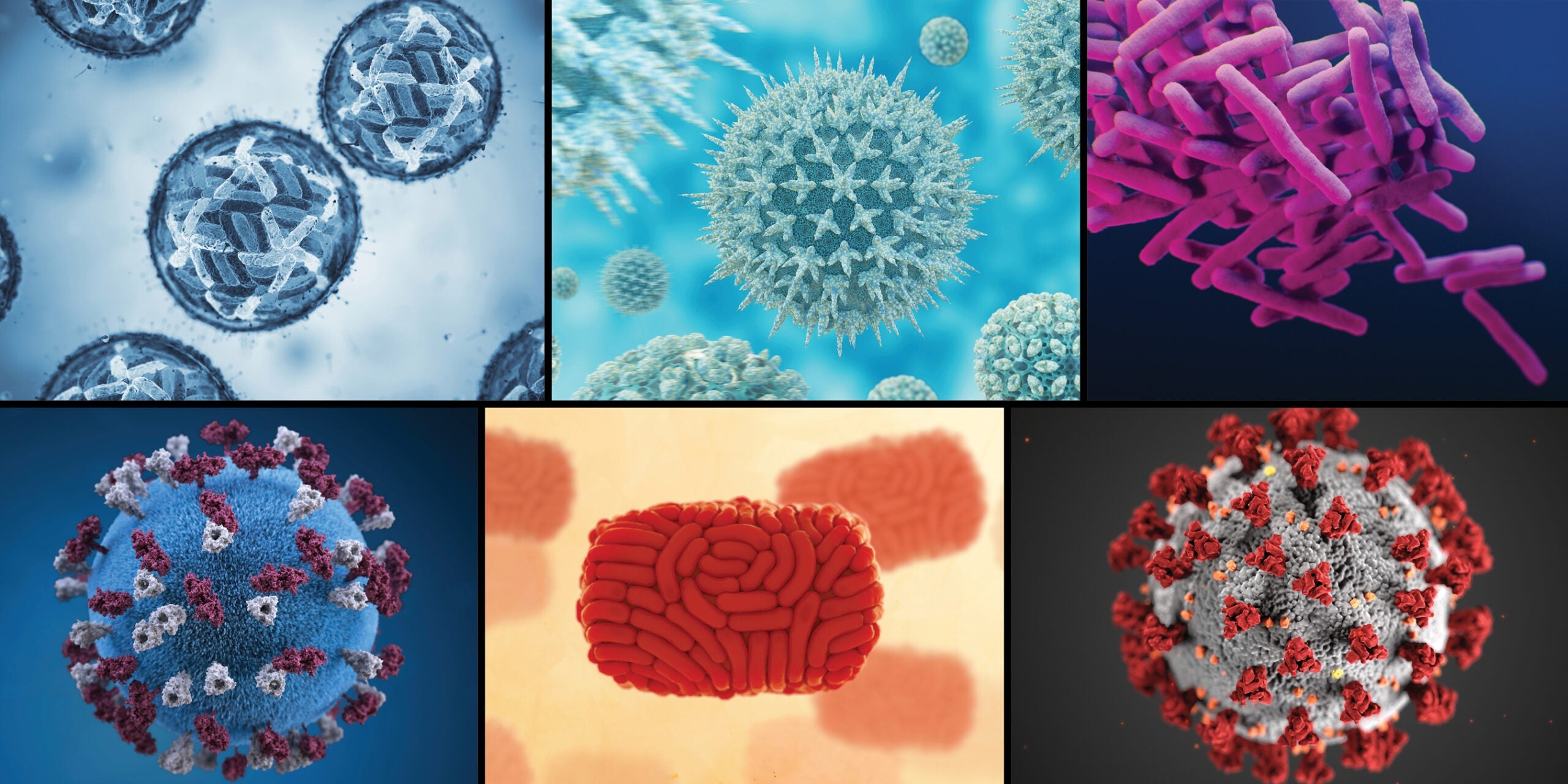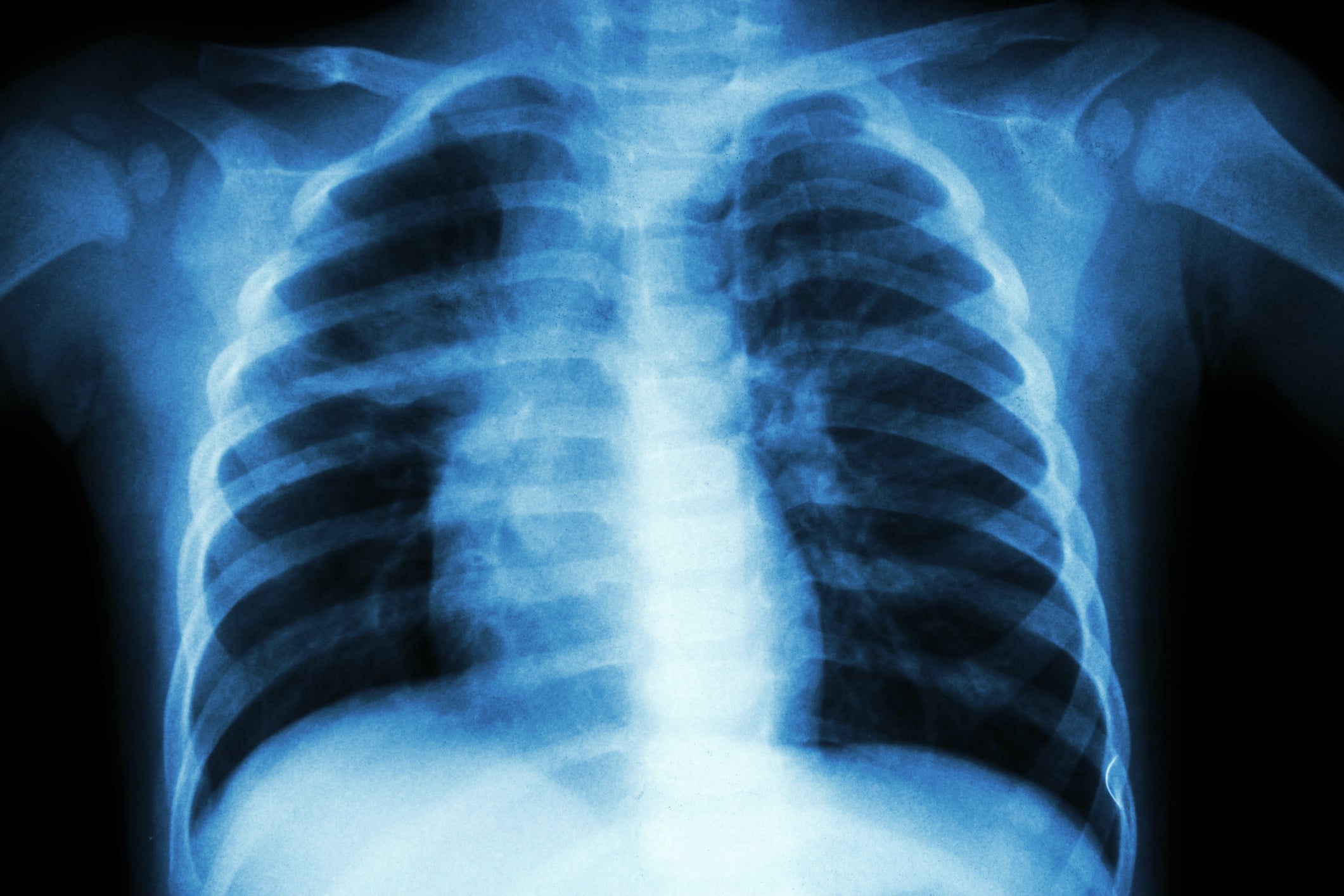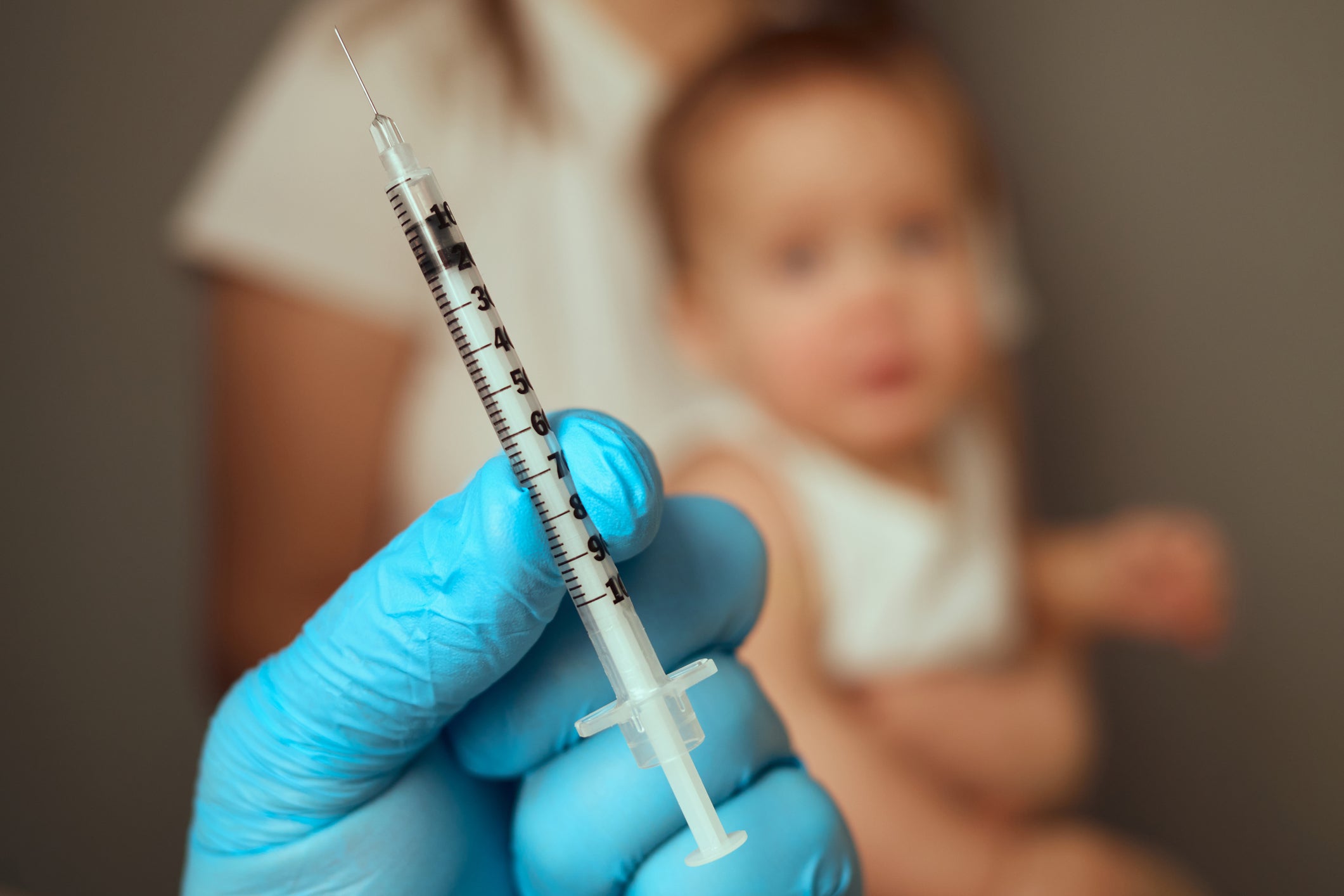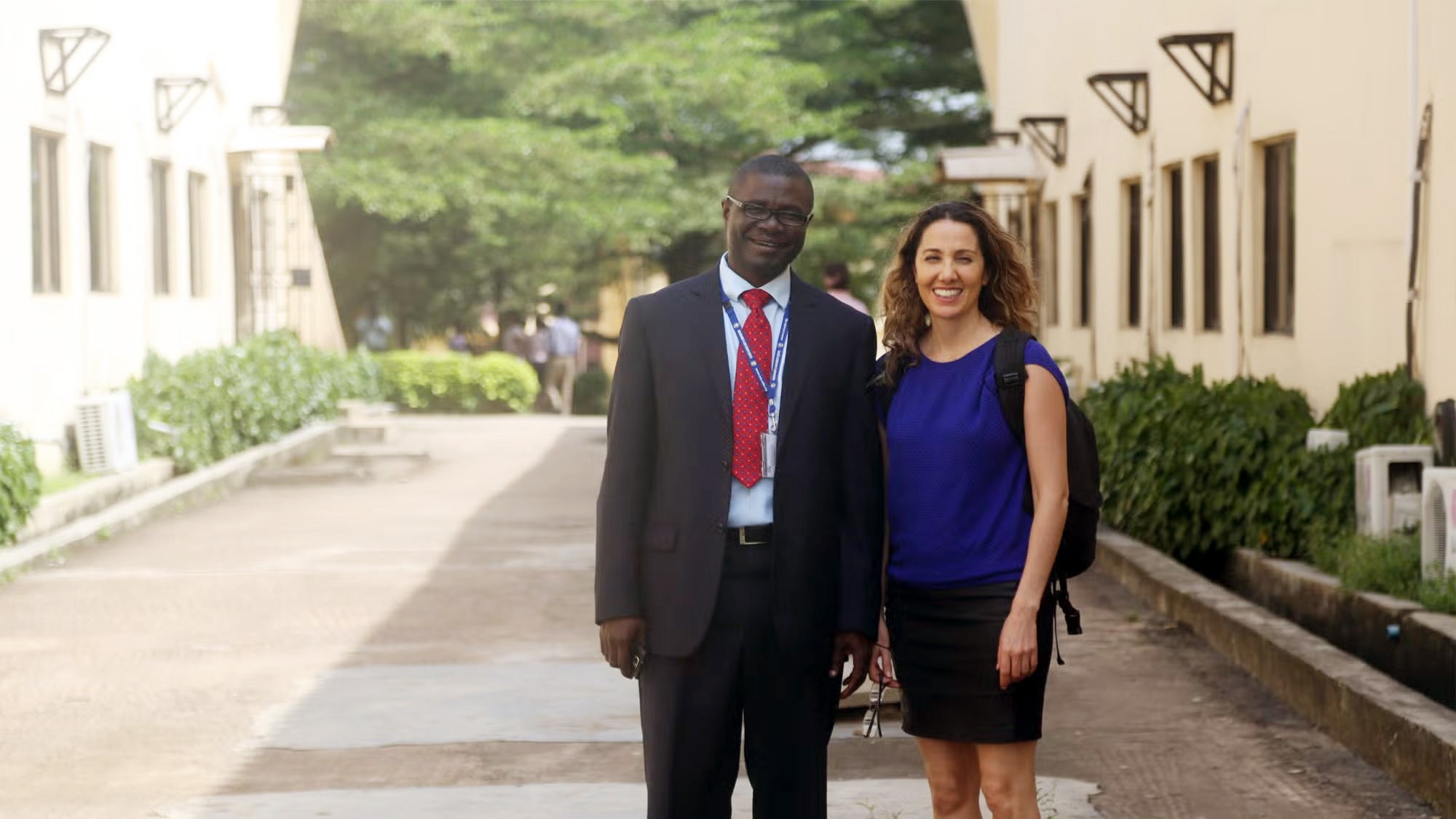Little to be gained through ‘gain-of-function’ research, says expert

As concerns grow over the H5N1 bird flu virus’ pandemic potential, some scientists are saying that “gain-of-function” research—experiments that alter and test a pathogen’s transmissibility, adaptability, virulence, and longevity—could provide valuable information about what the virus might do next. But according to Marc Lipsitch, professor of epidemiology at Harvard T.H. Chan School of Public Health, the risks of this research are not worth the potential gains—which aren’t as significant as advocates suggest.
Lipsitch was among the experts featured in recent articles in Undark and the Los Angeles Times about the controversy surrounding gain-of-function research. Currently, such research must undergo several layers of review, which can delay experiments or deter scientists from undertaking them in the first place.
Lipsitch believes such oversight is important. He thinks that the benefits of altering viruses in ways that make them more dangerous—even in a highly controlled lab setting—are low.
He noted in the Dec. 24 Los Angeles Times article that a mutated virus created in a lab may not match the how the virus mutates in the wild, which calls into question the relevance of gain-of-function experiments. “There’s a big element of randomness in evolution,” he said. “The fact that an experiment goes one way in the lab doesn’t mean it will go the same way somewhere else.”
There’s also “compelling evidence that what you learn in one strain can be the opposite for a very closely related strain. So the generalizability is very low,” he added.
What scientists and health officials should stay focused on are “basic epidemiology and veterinary questions,” Lipsitch told the Times—information like what animals have been infected with H5N1, which people have been exposed, and among them, who’s become infected and how sick they’ve become.
“I can’t think of any route by which gain-of-function studies could have informed—much less answered—those questions,” Lipsitch said.
Read the Los Angeles Times article: Why scientists say we are fighting H5N1 bird flu with one hand tied behind our backs
Read the Undark article: The Long, Contentious Battle to Regulate Gain-of-Function Work
Learn more
Report calls for regulations around dangerous pathogen research (Harvard Chan School news)


